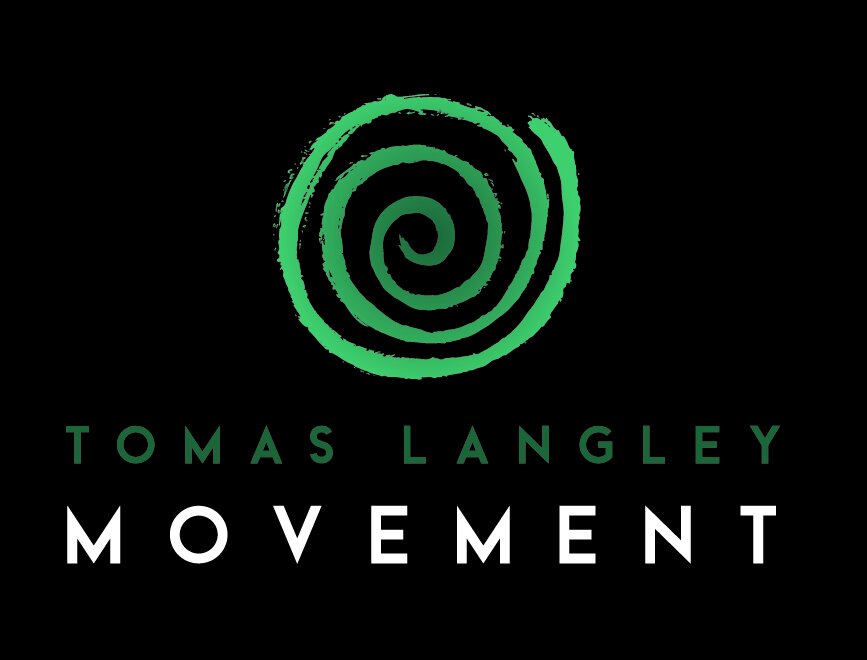A friend of mine had just told me that he was an insomniac. We were eating burgers on a Wednesday night. He’d come straight from work where he’d had shit day. Just before he had to leave for the day, he had discovered a mistake in an important presentation he had prepared for his boss. The mistake was easy to fix, but this was the second time this had happened and both times he had been the one responsible for the mistake.
He was kept awake at night by mistakes like this one. He told me he needed to get more rest than he did, but thoughts danced around his mind making so much noise he couldn’t sleep. To drown out the noise of his thoughts, he watches movies he knows very well or listens to his favourite album.
As soon as I turn on the movie, the thoughts quieten down and I fall asleep in five minutes.
Problem solved. He just needs to distract himself a little.
And yet, he started this conversation by describing himself as an insomniac. He told me he needs to have the distraction because it helps all the while being sure that it wasn’t really helping him. He’d tried a few other things, but the only thing that helped in the moment was the movies or music.
I was drawn to his description of the cacophony of thoughts keeping him awake. As he described it, he brought his hands up either side of his head as if he were trying to decide between swatting them away and putting his hands over his ears to block out their noise. The image of a man tormented. He laughed as he told me, but this was clearly bothering him.
We talked about the benefits of mediation and learning to be okay with being alone with your mind. Pushing so hard against these thoughts only seems to make them heavier. But if you’re where my friend is, you can’t start mediating today and ‘solve’ the issue right away. Amongst many other things, meditation is a process of learning to observe your thoughts, emotions, or sensations. You’re distracted by them constantly, but over time you can learn to observe them a little longer. You learn to be okay with them, even be curious about them and what they have to tell you. Maybe you can learn not be so tormented by them that they keep you awake at night.
You still need what you need right now.
If you’re anything like my friend, people tell you that you should immediately stop watching tv before bed and try something like mediation instead. It’s shit advice. As your thoughts taunt you, how can you suddenly change your relationship with them without knowing anything about how you might do that? Sure, you could start a mediation practice and slowly learn to need something different to get to sleep. It would probably be great for you - why not get started today? But in the meantime, you’ll continue to need what you need until you don’t need it anymore.
This month I’ll be exploring the concept of need. If you want to follow along, sign up below to get my monthly journal and a sneak peak of the idea I’ll be exploring next month.





